Description
Corneal Transplantation: Restoring Vision by Replacing Damaged Cornea
Treatment Familiarity:
Corneal transplantation, also known as keratoplasty, is a surgical procedure to replace a damaged or diseased cornea with healthy donor tissue. The cornea is the clear dome-shaped structure at the front of the eye responsible for focusing light. Cornea transplantation is a relatively common procedure with a high success rate, offering sight restoration for individuals with significant corneal damage.
Procedure Breakdown:
There are different types of corneal transplants depending on the extent and location of the corneal damage. Here’s an overview of the general surgical approach:
- Anesthesia: General anesthesia is typically used to keep the patient unconscious during surgery.
- Donor Tissue Preparation: Carefully selected and rigorously tested donor corneal tissue is prepared for transplantation.
- Recipient Corneal Removal: The surgeon removes the damaged portion of the recipient’s cornea using a specialized instrument to create a precise circular opening.
- Donor Cornea Placement: The prepared donor corneal tissue is meticulously stitched (sutured) into place to replace the removed recipient cornea.
- Closure: The surgical site is meticulously sutured closed.
Suitable Candidates:
Corneal transplantation is an option for individuals with severe corneal damage that cannot be effectively treated with other methods, such as medications or contact lenses. Here are some conditions that may warrant a corneal transplant:
- Keratoconus: A progressive thinning and bulging of the cornea.
- Fuchs’ dystrophy: A clouding of the cornea due to a buildup of fluid.
- Corneal scars: Scarring from infections, injuries, or previous surgeries can significantly impair vision.
- Endothelial keratoplasty: This specialized transplant replaces only the inner layer of the cornea to treat conditions like Fuchs’ dystrophy.
Unsuitable Candidates:
Corneal transplantation may not be suitable for everyone. It’s generally not recommended for:
- Individuals with uncontrolled eye infections: Active infection increases the risk of complications.
- People with severe medical conditions: Severe health problems that could increase surgical risk may make someone a poor candidate.
- Patients with unrealistic expectations: It’s important to understand that vision may not be completely restored to normal, and rejection of the donor tissue is a potential complication.
Advantages of Corneal Transplantation:
- Improved Vision: For successful transplants, vision can be significantly improved, restoring sight and quality of life.
- Potential for sight restoration: In many cases, corneal transplantation offers the only option to regain vision after severe corneal damage.
- Advanced Techniques: Minimally invasive techniques like Descemet’s Membrane Endothelial Keratoplasty (DMEK) offer faster recovery times and potentially better visual outcomes.
Potential Complications:
- Rejection: The body’s immune system may attack the donor tissue, requiring medications or additional surgery.
- Infection: Although uncommon, infection is a potential complication requiring prompt antibiotic treatment.
- Glaucoma: Increased pressure within the eye can develop after surgery and require medication or additional surgery.
- Astigmatism: The shape of the new cornea may not be perfectly matched, leading to some degree of astigmatism.
- Vision Changes: Temporary blurred vision or fluctuations in vision are common after surgery.
Preoperative Care:
- Comprehensive eye exam to assess the health of the cornea and overall eye health.
- Discussion of risks and benefits of corneal transplantation with your ophthalmologist.
- Medical evaluation to ensure you can undergo surgery safely.
- Blood tests and other tests to ensure compatibility with donor tissue.
- Waiting for a suitable donor cornea: The wait time for donor tissue can vary depending on location.
Postoperative Care:
- Eye drops or ointment to prevent infection and inflammation.
- Wearing an eye patch or shield for a short period to protect the surgical site.
- Anti-rejection medications to reduce the risk of the body attacking the donor tissue.
- Regular follow-up appointments with your ophthalmologist to monitor healing, vision improvement, and address any concerns.
- Avoiding strenuous activity for a period of time.
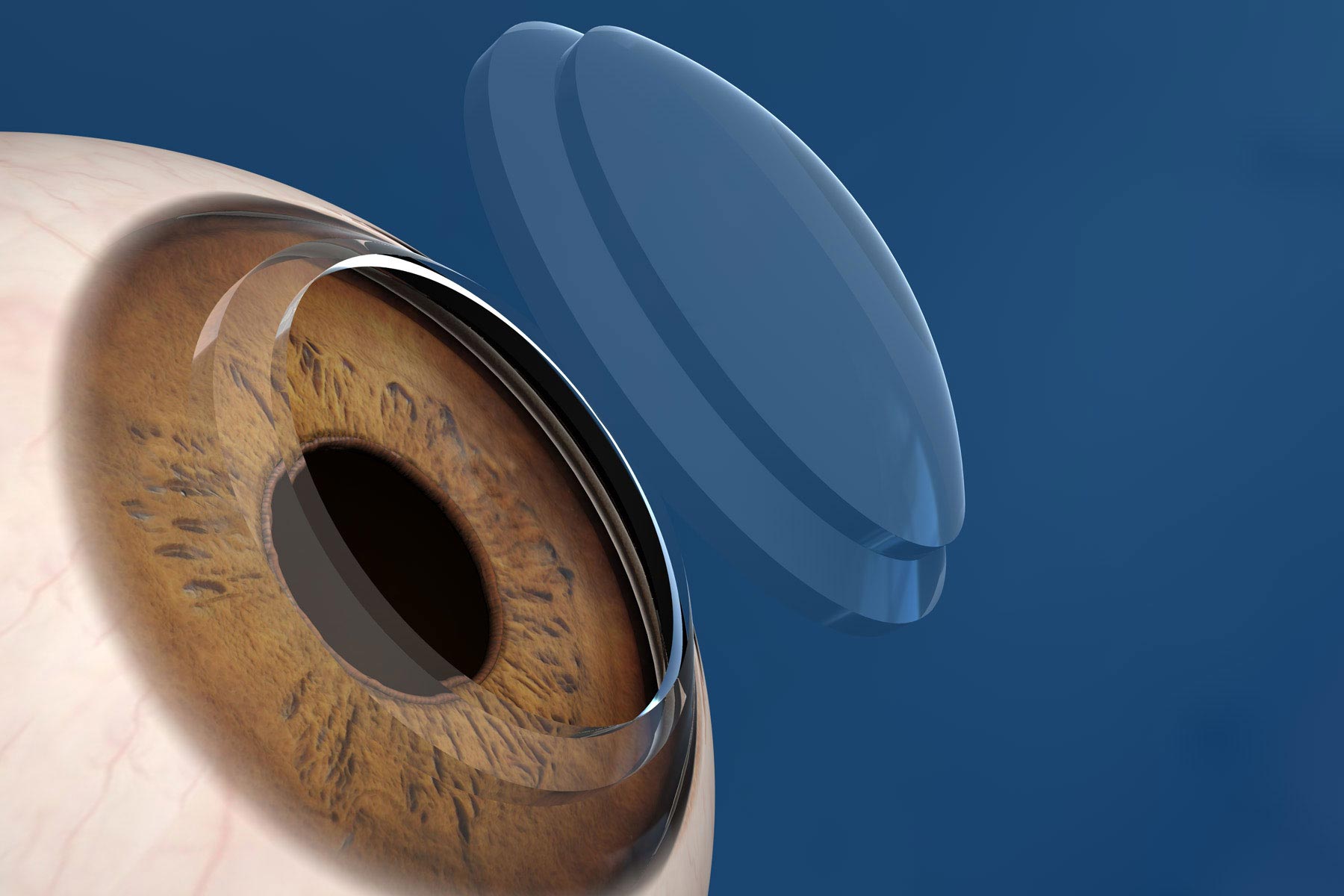

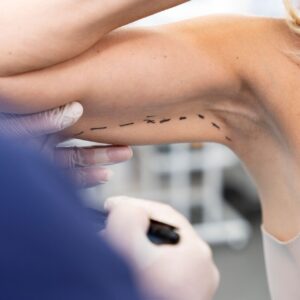
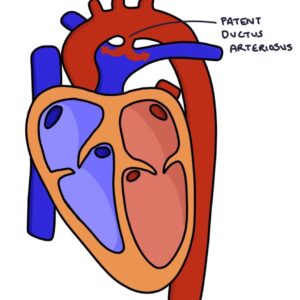
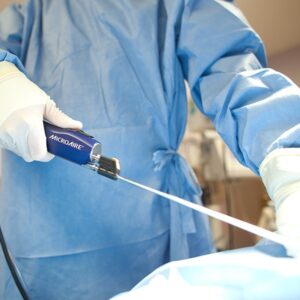
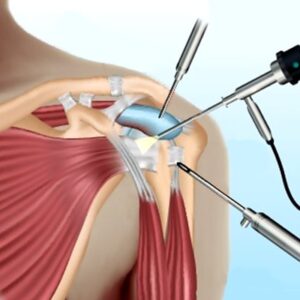
Reviews
There are no reviews yet.